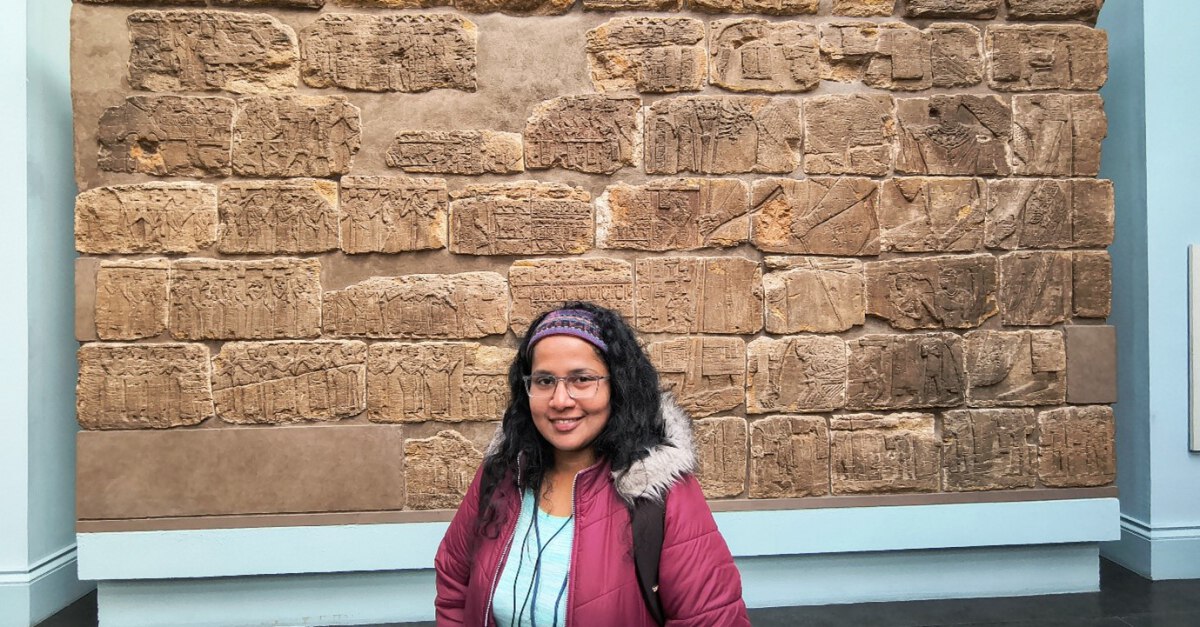Lessons Learnt from the Gabriel-Chemie Challenge
30/07/2021

As part of the Sustainability in Practice module on the Management and Corporate Sustainability MSc course, we had the opportunity to work with masterbatch manufacturer, Gabriel-Chemie. Working in teams, we were tasked with analysing the company’s public image and competitive environment. We had to identify areas for improvements in product development, partnerships, and new communication channels, focusing on finding sustainable solutions. The client briefing from Gabriel-Chemie gave us a snapshot of what the company does, its current projects and what some of its plans for the future are. The briefing allowed us to connect with the Gabriel-Chemie team, ask any questions we had (we had a lot), and clarify what they expected from us. After that, it was pretty much up to us.
Before starting the project, I had not heard of Gabriel-Chemie and had minimal knowledge of the industry. I knew it was going to be challenging. We all wanted to make ourselves and Cranfield proud, but how were we going to do that?
Very simply. Teamwork.
Individually, we had incredibly limited knowledge of the masterbatch industry, but together, we could research and teach each other new ideas and concepts. We learnt a lot about the industry challenges, the competitive environment, and the everyday uses of masterbatch. Trying to analyse an industry we knew little about and creating recommendations in an industry we don’t understand was challenging. But creativity and collaboration came through. We worked together to create an academic assessment and a very well-received presentation by Gabriel-Chemie.
Like many things in life, there are always unexpected lessons to be learnt. Our collaboration with Gabriel-Chemie was no different. The research we did into the industry was hugely beneficial and vital to the project. Still, personally, it’s probably not something I am likely to use again, at least not in the near future. However, the project gave us the opportunity to solve a ‘real life’ organisational problem, and that alone taught us so much. It allowed us to collaborate with new people on our course. It taught us how to understand a client briefing and use conscious decision making to solve a problem. We learnt how to work as a collective unit without being face-to-face. We used technology to our advantage and made use of sharing documents and research papers. We used our different skills sets and backgrounds to strengthen the validity of our recommendations. In the end, our team made the experience all the better.
The Gabriel-Chemie project, in my opinion, is one of the best experiences we have had during our time at Cranfield University. I don’t know what I expected from the experience. However, I thought it would be just another academic assessment, valuable and important, but still just an assessment. The second the client briefing ended, that mindset went out the window. It was such a challenging, educational, and incredible project that I know I will forever use the skills I learnt in just a few weeks of work.
Categories & Tags:
Leave a comment on this post:
You might also like…
From Sri Lanka to Cranfield: How a Commonwealth Scholarship transformed my environmental engineering journey
Hi, I’m Kavithanjali Uthayashangar and I’m here to tell you about my journey into environmental engineering. It began with a simple but powerful motivation: a desire to understand how engineering can ...
Inside the Air Transport Management MSc: Classes, assignments, and group project work
What’s it really like to study Air Transport Management at Cranfield? Adit walks us through a typical day, assignment expectations, and the excitement of hands-on group projects. This is the second of three blog ...
Using Factiva to research a company
If you’re tasked with researching a company, your first port of call might be to search Fame or EBSCO Business Source Complete. Your immediate reaction might not be to look at Factiva. However, for larger ...
How do I write a secondary reference … in the NLM style?
Secondary referencing is used when you’re reading a work which includes a quotation from another author, and you – the researcher – can’t obtain the original source. We always advise, where possible, to try to ...
Reaching new heights: How a Global Excellence Scholarship fuelled my aerospace dreams
Leaving my home in India to pursue an MSc in Aerospace Dynamics at Cranfield University was a leap of faith. Hi, I’m Oliza Kachroo and as an international student, the transition ...
How do I reference…when delivering a presentation?
Just as you cite and reference sources in written work, you should also acknowledge the sources you use or quote in oral presentations. Citing your sources in presentations provides your audience with information about the ...






